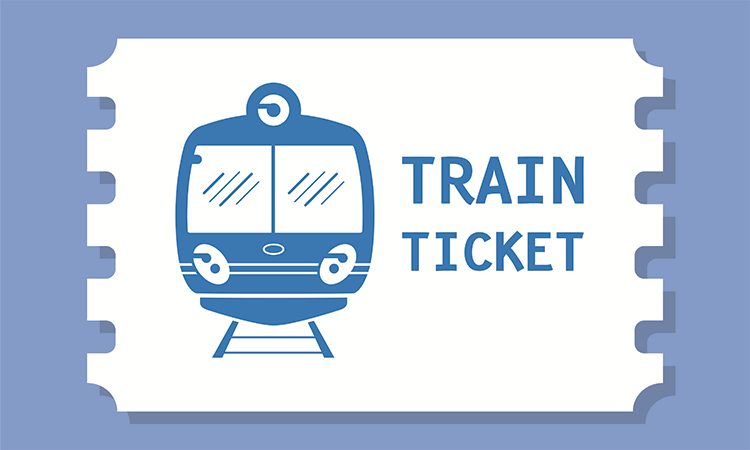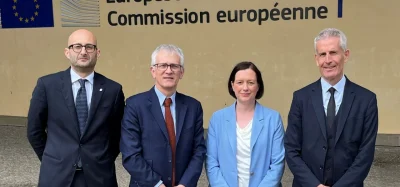CER publishes first progress report on implementation of its Ticketing Roadmap
Posted: 14 February 2023 | Elliot Robinson (Editorial Assistant - Global Railway Review) | No comments yet
CERs report on the implementation of its Ticketing Roadmap, based on an online survey carried out at the end of 2022, has been published.


The Community of European Railway and Infrastructure Companies (CER) has released its first progress report on the implementation of its Ticketing Roadmap, which was published in autumn 2021 and embodies the members’ vision of railway ticketing and distribution by 2025 and 2030, respectively. The roadmap establishes concrete actions to further improve the experience of rail passengers in the Single European Railway Area and is a key indication of the sector’s commitment to the European Union’s climate and growth goals.
The first progress report is based largely on an online survey carried out amongst CER passenger railways at the end of 2022 and provides valuable insights on the implementation of the roadmap. The high participation rate of CER member railways, representing over 87% of CER members’ passenger traffic, highlights the strong commitment of the sector to continuously improve the railway ticketing and distribution experience. It reports that overall progress amongst respondents is good, with most actions on track and several railway companies already compliant with specific areas of the roadmap. To ensure full transparency and complete implementation, a follow-up survey will be conducted in the coming months to reach non-respondents. Progress will be reported every six months.
Sector solutions are already available and accepted for most of the issues which the roadmap seeks to resolve and the sector is now focusing on their implementation. Less mature actions, notably the harmonisation of ticket conditions and on-journey real-time information, are receiving additional attention and require a broad and common sector effort.
Related content you will enjoy:
CER members remain committed to more diversity in the workforce
Leading European rail CEOs meet to define CER’s 2023 priorities
Position paper on MDMS
CER published a position paper on Multimodal Digital Mobility Services (MDMS) at its recent General Assembly on 1 February, which outlines the sector’s response to the upcoming legislative proposal from the European Commission. The MDMS initiative aims to integrate public transport and rail services to achieve seamless multimodal passenger transport.
CER members share the Commission’s vision for a seamless passenger experience when taking the train, as stated in the CER Ticketing Roadmap, and stress that to achieve seamless ticketing, sector-based solutions should be supported and considered as the starting point for improving multimodal ticketing. Rail companies are already working with other stakeholders, including ticket vendors, to ensure transparency and better service to their clients, and call on the Commission proposal to provide a legal framework to maximize the efficiency and transparency of these solutions under FRAND terms.
The forthcoming proposal on MDMS is seen as a potential first step towards greater use of multimodal travel instruments and providing the passenger with a better overview of connections and fares. However, this shouldn’t be at the expense of passengers or transport operators. Rail companies have small margins with high fixed costs, so any regulatory intervention that will decrease those margins will potentially result in diminishing services and an impact on passengers.
“Ticketing involves not just purchasing the right solution, but also access to accurate information, access to the railway network, customer care and passenger rights/journey continuation,” Alberto Mazzola, Executive Director for CER, said. “The CER Ticketing Roadmap covers all parts of the passenger experience, and its delivery is an absolute priority for CER members. The MDMS initiative must take care to support rail ticketing in a comprehensive and systematic way.”
Related topics
Related organisations
Community of European Railway and Infrastructure Companies (CER), European Commission (EC)








